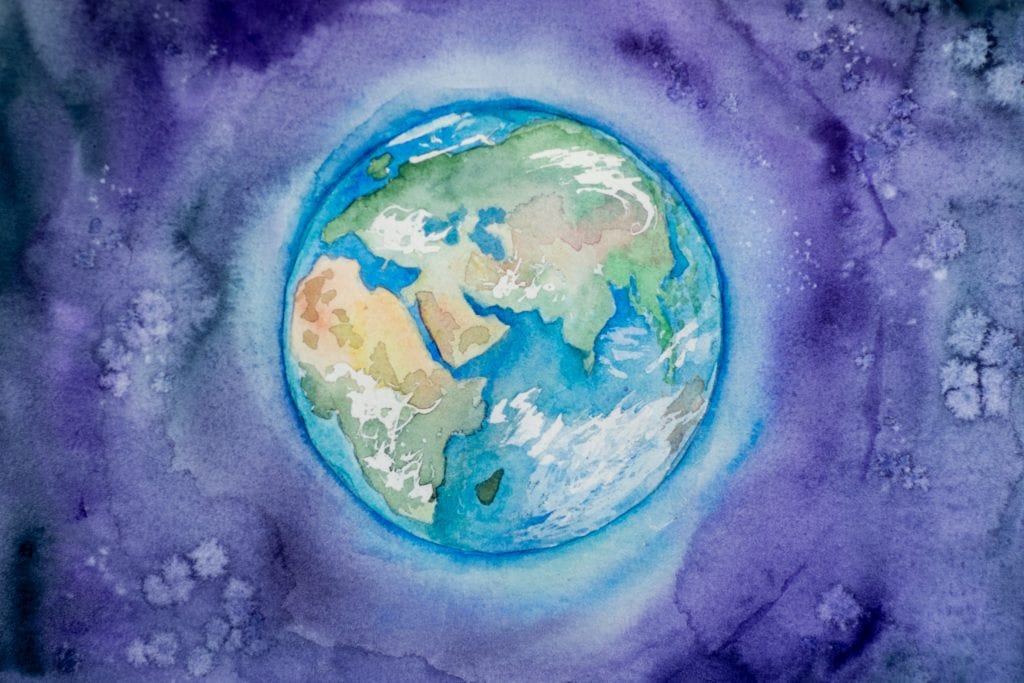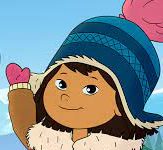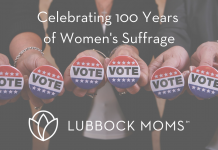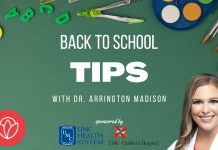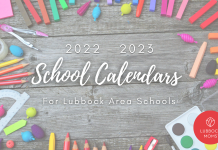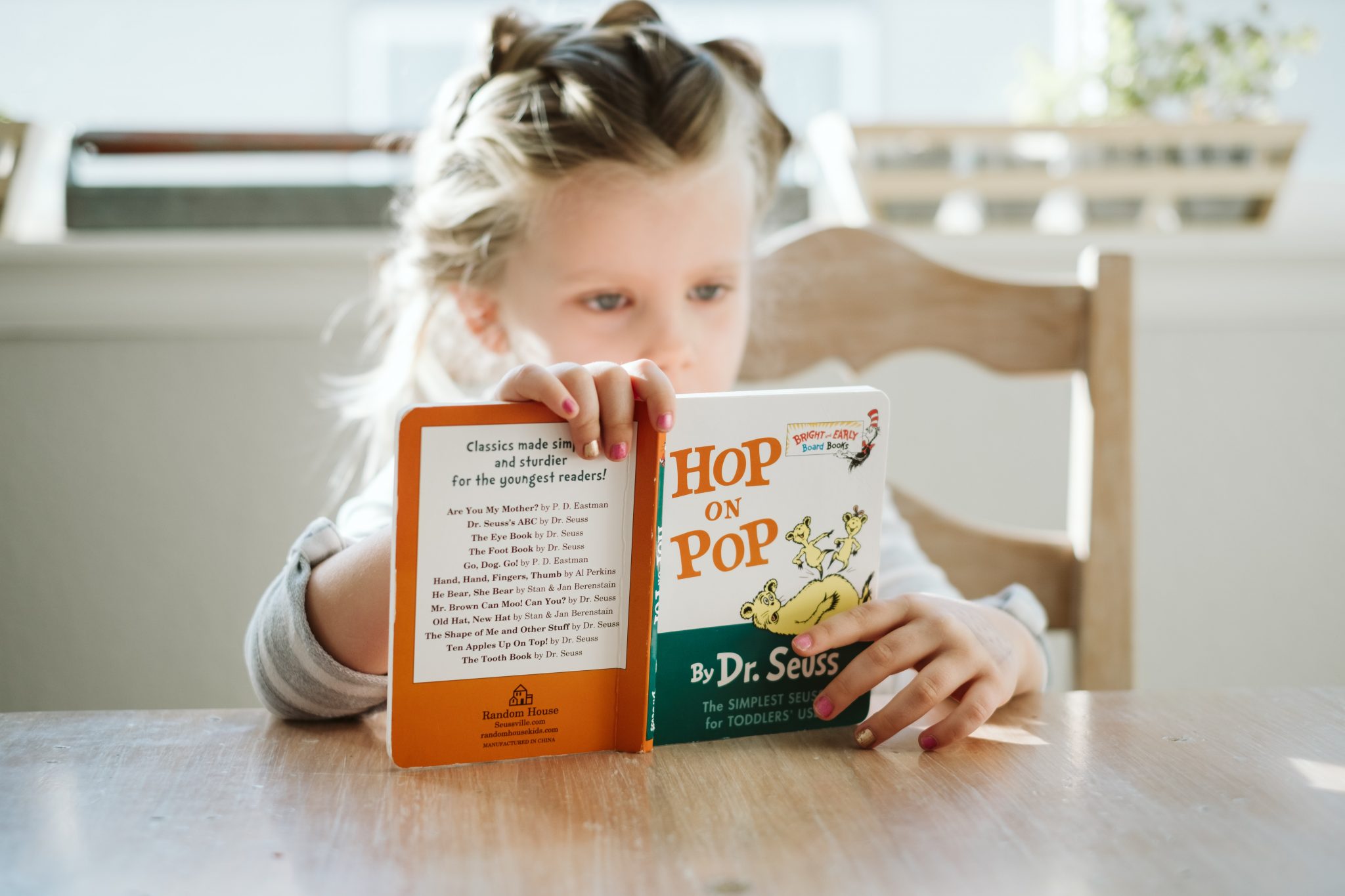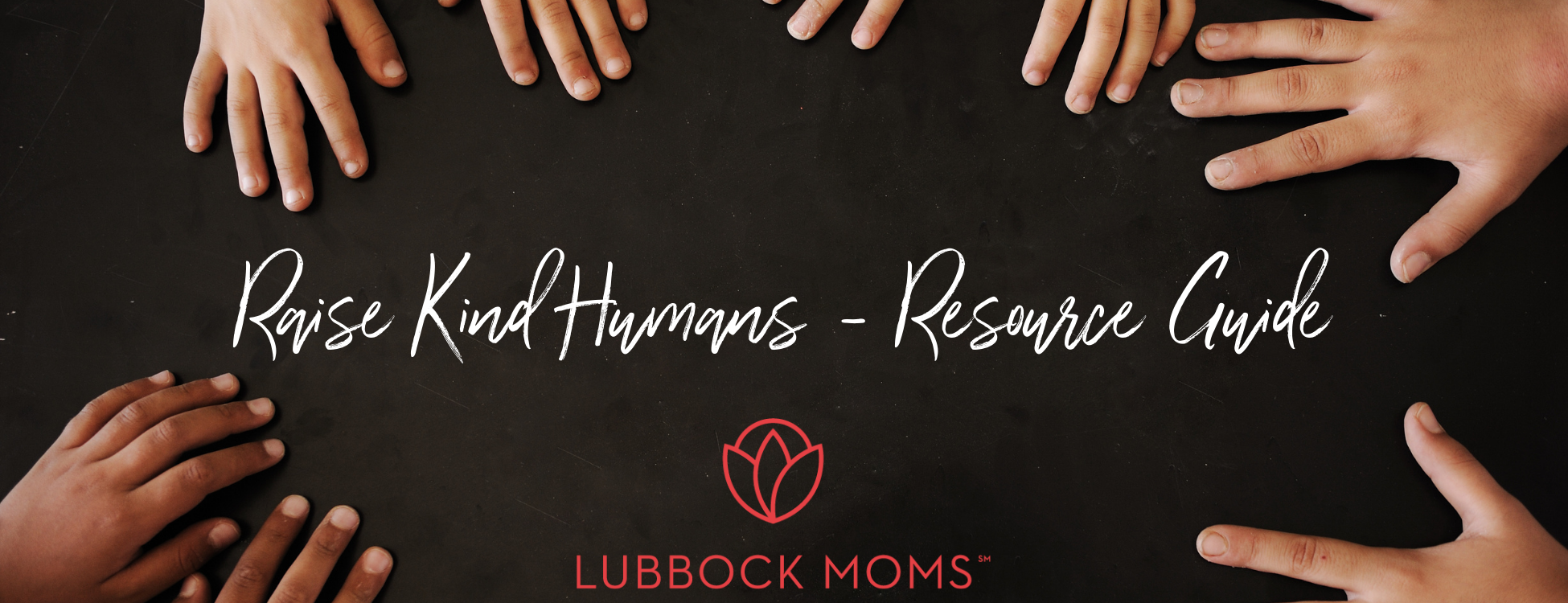
Moms, we need to talk about our world right now. It is broken. It is hurting.
And some of us are doing the hurting. Most of us aren’t actively harming anyone, but we are too often not actively helping either. That stops now.
Here at Lubbock Moms, we are committed to standing with all of our brothers and sisters and taking action to make our world a safer place for everyone in our communities.
That includes you. And me too.
Many of us get stuck at HOW actually to do this. How can we confront our time’s issues and raise our little humans to be problem solvers instead of problem instigators or uninvolved bystanders? Sometimes we only think of BIG change, but oftentimes, we can make a difference by doing small daily things. Reading books about all types of families and main characters. Watching films and TV shows that show main characters that are People of Color or depict historical events. Following voices on social media that represent a wide range of viewpoints, and most importantly, may not be the ones you see with your very own eyes. Checking out educational resources, listening to podcasts, or supporting social justice organizations. Almost anything we do on a normal basis is something we can make more inclusive. (At our house, the favorite is to read inclusive bedtime stories. This can easily be done on any age level.)
We’ve compiled a list of resources below that you can use as you make it your goal to improve our community, and we encourage you to share resources you’d like to see added. Drop us a line, and we’ll update it! (Also – check back frequently for more resources.)
We’re all in this together, Mamas. And I’m confident in our ability to change the world.
Click on a topic to get started:
Momentum: A Race Forward Podcast
Pod for the Cause – Leadership Conference on Civil & Human Rights
Pod Save the People – Crooked Media
Today, Explained (Episodes “I can’t breathe.” Again. and American Nightmare especially)
5 Ways White People Can Take Action
75 Things White People Can do for Racial Justice
A Guide to How You Can Support Marginalized Communities
A Timeline of Events that Led to the 2020 ‘Fed Up’ Rising
Dear White People: This is What We Want You to Do
How to be a Better White Person in 2020
Intent vs Impact: Why your Intentions Don’t Really Matter
Memphis Mom Collective – This is my son
Protest, Uprising, and Race War
Receiving Feedback & Responding
There is No Neutral – Jen Hatmaker
When the Protests Aren’t Peaceful: Police Brutality During Demonstrations
Activists on George Floyd Death
Black Parents Explain How to Deal with the Police
Conversation with Lisa Sharon Harper & Jen Hatmaker
Deconstructing White Privilege with Robin DiAngelo of the United Methodist Church
Parenting Amid Police Brutality
Trevor Noah: George Floyd, Minneapolis Protest, Ahmaud Arbery, & Amy Cooper
13th
American Son
Clemency
Dear White People
If Beale Street Could Talk
Just Mercy
See You Yesterday
Selma
The Hate U Give
When They See Us
5 Books That Teach Your Kids About Amazing Women in Black History
10 Picture Books with Main Characters of Color
20+ Black & Muslim Children’s Books
31 Children’s Books to Support Conversations on Race, Racism, and Resistance
A Mighty Girl Civil Rights Book List
A Mighty Girl African American History Book List
Black Girl Magic Literary Magazine
Book List for Explaining Racism
Children’s Books by Black Women
Colorful Pages: Multicultural Books and Lessons for Every Student
The Conscious Kid Book subscriptions and reading list
No White Saviors: Kids Books About Black Women in US History
Life Doesn’t Frighten Me – Maya Angelou
Raising Luminaries: Igniting the Kind & Brilliant Leaders of Tomorrow (book collections)
Black Feminist Thought – Patricia Hill Collins
Choke Hold: Policing Black Men – Paul Butler
Critical Race Theory: The Key Writings that Formed the Movement
How to be an Antiracist – Ibram X. Kendi
I’m Still Here: Black Dignity in a World Made for Whiteness – Austin Channing Brown
The Next American Revoltion: Sustainable Activism for the Twenty-First Century – Grace Lee Boggs
The New Jim Crow: Mass Incarceration in the Age of Colorblindness – Michelle Alexander
Redefining Realness – Janet Mock
So You Want to Talk About Race – Ijeoma Oluo
White Fragility: Why It’s So Hard for White People to Talk About Racism – Robin Diangelo
White Like Me: Reflections on Race from a Privileged Sone – Tim Wise
Why I’m No Longer Talking to White People About Race – Reni Eddo-Lodge
Antiracist Research and Policy Center
Black Lives Matter at School: Teaching Materials
Black Lives Matter Reading List
Black Women’s Blueprint: Cultural Competence
Education Through Conversation
Everyday Feminsm: School for Social Justice
K-8 Distance Learning Activities for Justice for George Floyd
National Museum of African America History and Culture – Talking About Race Web Portal
Ororo’s Four Disciplines of an Anti-Racist
Project Implicit: Implicit Bias Test
Ted Talks to Help You Understand Race in America
The Conscious Kid: Critical Conversations
White Privilege: Unpacking the Invisible Knapsack by Peggy McIntosh
11 Fearless Black Women Your Kids Should Know
Raising Race Conscious Children
Resources for Talking to Your Kids About Race
The Relationship You Have With Yourself Defines the Relationship You Have With Your Child
Your Kids Aren’t Too Young to Talk About Race: Resource Roundup
The Office for Civil Rights (OCR) is a government agency that protects equal access to schools, health services, and other areas. OCR investigates complaints of discrimination based on race, color, national origin, disability, age sex, and religion. If you or your child experience discrimination from a government entity (such as a school) or health care provider, you can file a complaint and get assistance. For more information on OCR, what they do, and how to file a complaint, visit their webpage.
